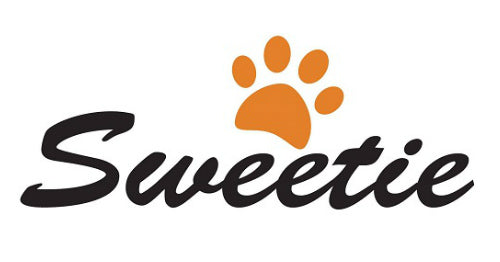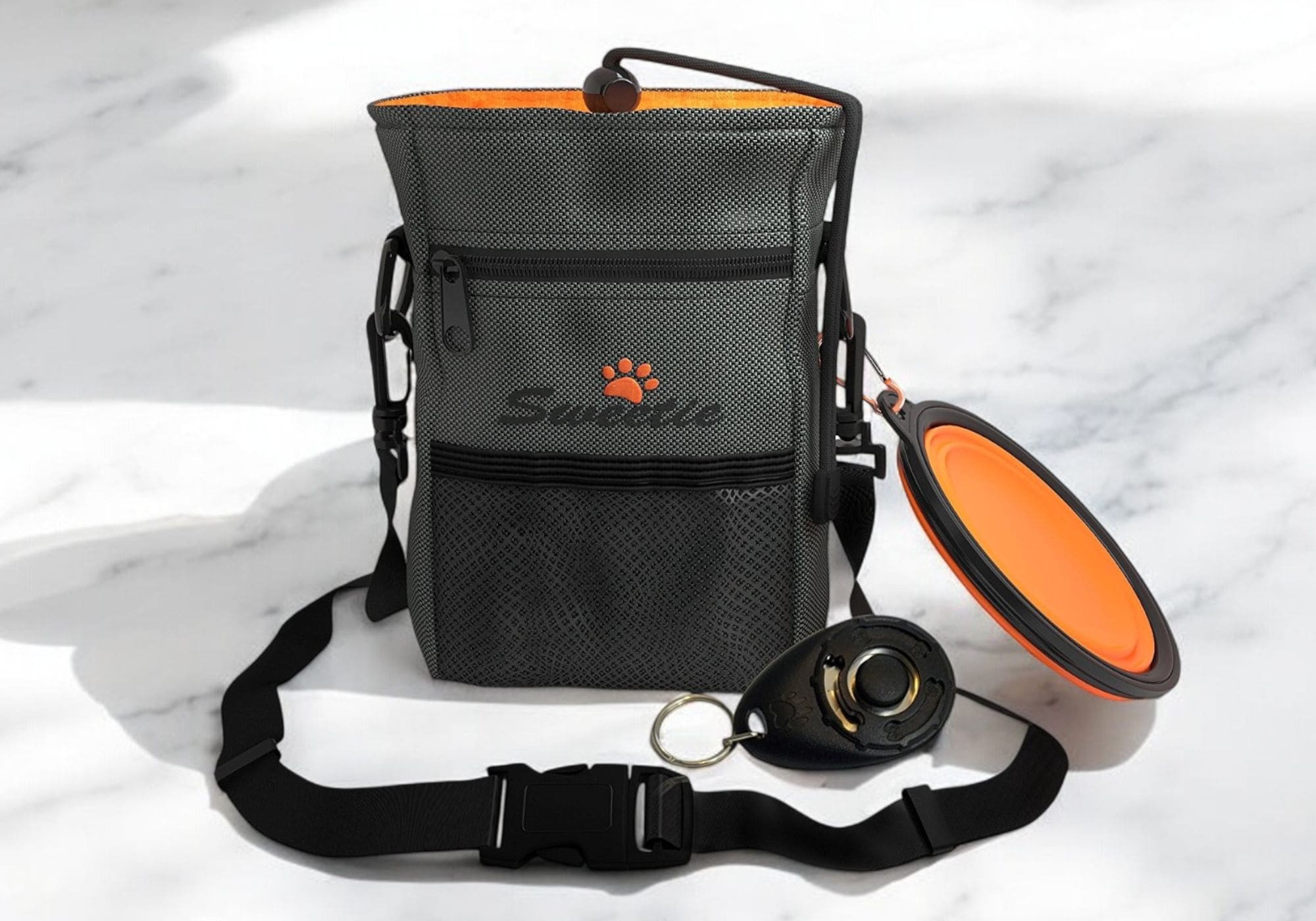Did you know that Dog food nutrition impacts every facet of your dog's life?
Aspects such as how pups grow, their behaviour practices, health, overall well-being and physical appearance are all tightly linked to the nutrition dog owners provide.
Ever come to a point where you cant decide what dog food to purchase because there is a wide variety of canine foods available and can't tell the difference to don't know what your pal would prefer?
Ever consider Homemade dog food?
Did you know that particular dietary nutrients are needed?
Have a read at the benefits not only for your canine but also for you!

The Key Benefits of a Healthy, Well-balanced and Nutritious Dog Food Plan
A nutritious, well-balanced dog food diet plan encourages:
- healthy skin and coat
- Strong muscles and well-developed bones
- Bright, clear eyes
- More solid stool
- Good dental health
- Less digestive upsets
- Burst of energy
- Few (if any) behaviour problems
- Great dog lifestyle
- Long life
Homemade Dog Food
The past few years, homemade food has come to the forefront as a more healthy and nutrition option.
A lot of dogs enjoy homemade food, so why not consider homemade dog food for your best pal?
Planning and preparing your dog's meals from scratch has numerous benefits, which includes the full control of all meals served. You know what goes into every meal and can choose the ingredients too!.
It does require, though, an organized person to put together a homemade feeding plan and then make all of the everyday dog meals. But at the end of the day, you will be very proud of yourself.
Homemade dog meals include big meaty stews, healthy soups, veggies and perhaps some raw bones from time to time. The homemade dog food alternative also has the added responsibility of making nutritionally balanced meals and achieving the calorie demands for your dog. If you arm yourself with the right dog food recipes, which we will share with you in the next few posts, vet's approval and get into a program, this practice isn't all that hard to keep.
For your dog's good health, it's vital to feed him a well-balanced diet and the correct amount of it every day. There is a wide variety of canine foods available, so it can be hard deciding which selection or brand is the most beneficial choice for your pet. There are, however, particular dietary nutrients that a dog can't do without - protein, carbohydrates, fat, vitamins, minerals, fibre, and water. In addition to age, health and lifestyle factors to consider, and this helps to make the task of picking out the most suitable diet less difficult.

So what are these Required Nutrients?
Usually, dogs aren't challenging to feed, and they thrive on a diet not different from humans, albeit with a little more protein. The majority of foods of animal origin, cereal products, root vegetables and fats are natural for them to break down. The trick of correct feeding is to give a balanced diet that provides all essential goodness in the appropriate proportions to one another with the objective intended - work, breeding, growth or health adulthood. These types of nutrients are listed below:
Carbohydrates
Carbohydrates, using cooked cereal starch or sugar, provides up to 70% by weight of the dog's food (after taking away any water present) or about two-thirds of the calories. Dog biscuits, pasta and rice, are three useful energy foods for dogs, and rice is a valuable food item for canines allergic to wheat.
Proteins
Proteins within meat and plants (although the latter is substandard to the former) improve body tissue, carry out "repairs" and produce hormones. The dry matter of dog food ought to contain at least 15% protein, of which the majority should come from animal foods (meat and dairy products), or high-quality vegetable protein like soya.

Minerals
Minerals are occasionally referred to as "ash" on dog-food labels. The essential ones are calcium, phosphorus and sodium chloride (common salt) in a well-balanced combination. Calcium and phosphorus constitute most of the mineral matter of bone and must utilize at the rate of about 3% calcium/phosphorus in the diet. An excessive amount of calcium in the food, particularly in large-breed puppies, can result in skeletal irregularities, while an excessive amount of phosphorus (found in high meat and offal diets) could potentially cause eclampsia in lactating female dogs.
Additional essential minerals for good health, like zinc and copper, occur naturally in meat, cereals as well as other components of a balanced diet.
Vitamins
Vitamin A (also called retinol) is essential for growth and eyesight, while vitamins of the B group are crucial for the upkeep, in particular, of the nervous system.
Vitamin D assists the body to create calcium, required for healthy bones and teeth, as is phosphorus. Vitamin E (tocopherol) is vital for the levelling of cell membranes. Since canines can create their vitamin C (ascorbic acid, essential for maintaining healthy connective tissue and skin), this doesn't necessarily have to be part of the diet.

Fat
Fat contributes to food palatability but is only essential as a source of the essential fatty acids which are vital to maintaining body health.
Fibre
Absence of fibre in the diet may result - particularly in elderly, inactive dogs - in bowel problems and other digestive problems cause by sluggish bowels—Fibre is found in foods like cooked and raw veggies as well as cereals.
Stay tuned, next week, we will come back with some more information on how to feed your dog a healthy diet, and many more exciting tips around homemade food!
Sweetie Tip: Always ask your vet!
![]()






Leave a comment